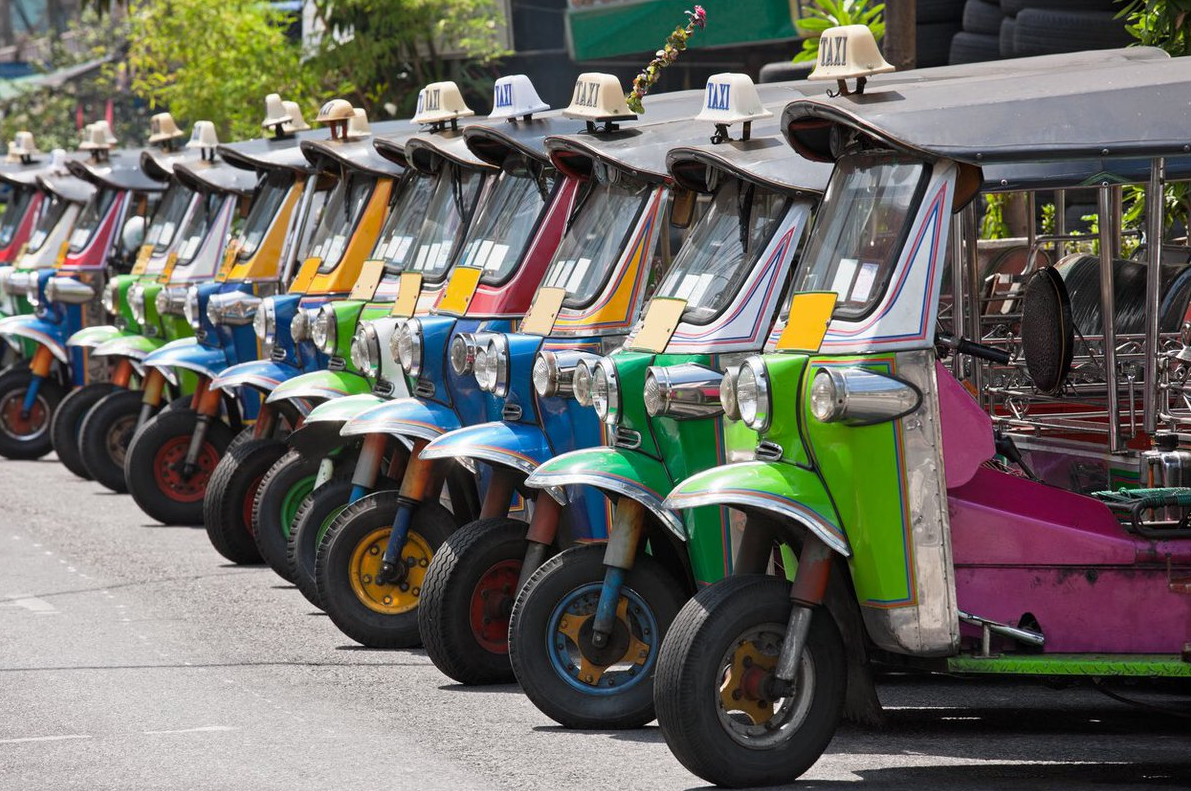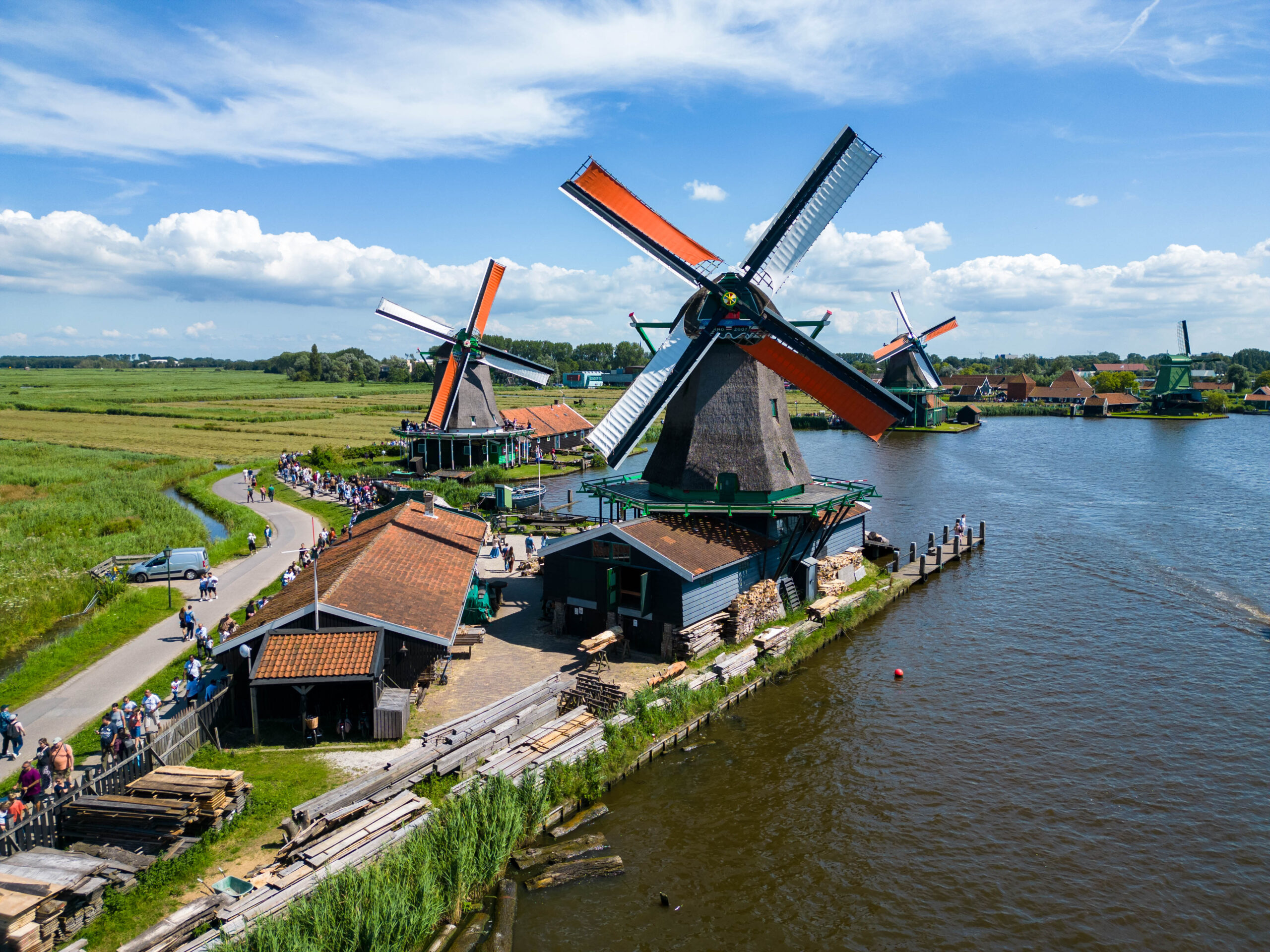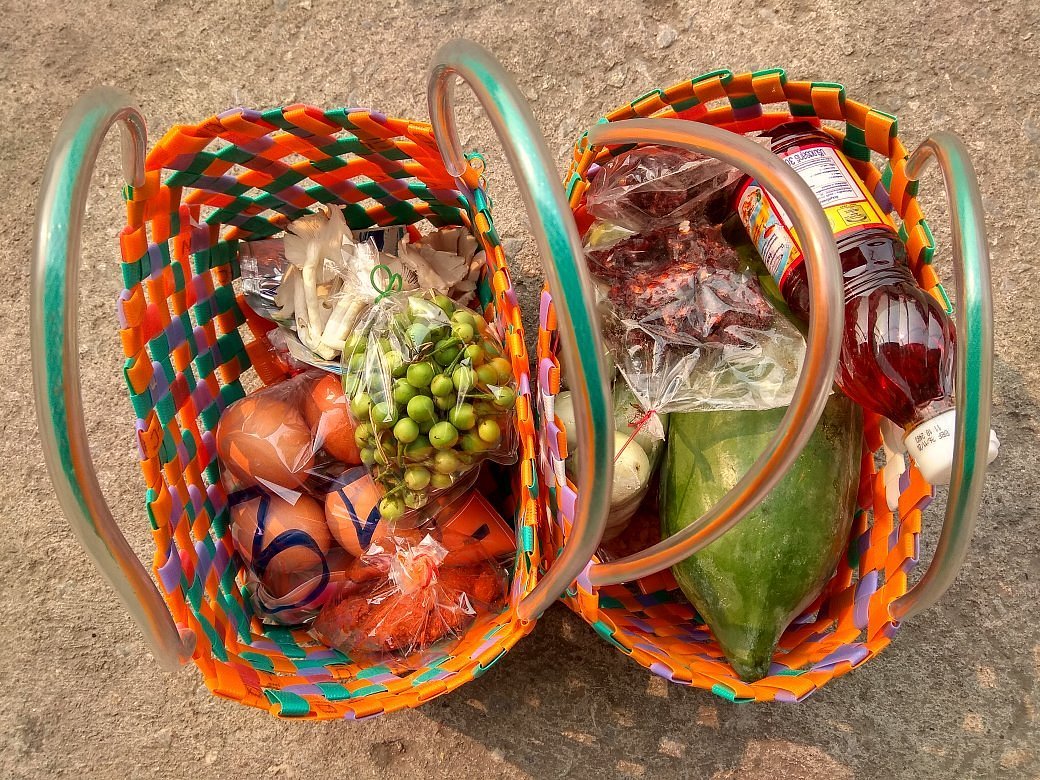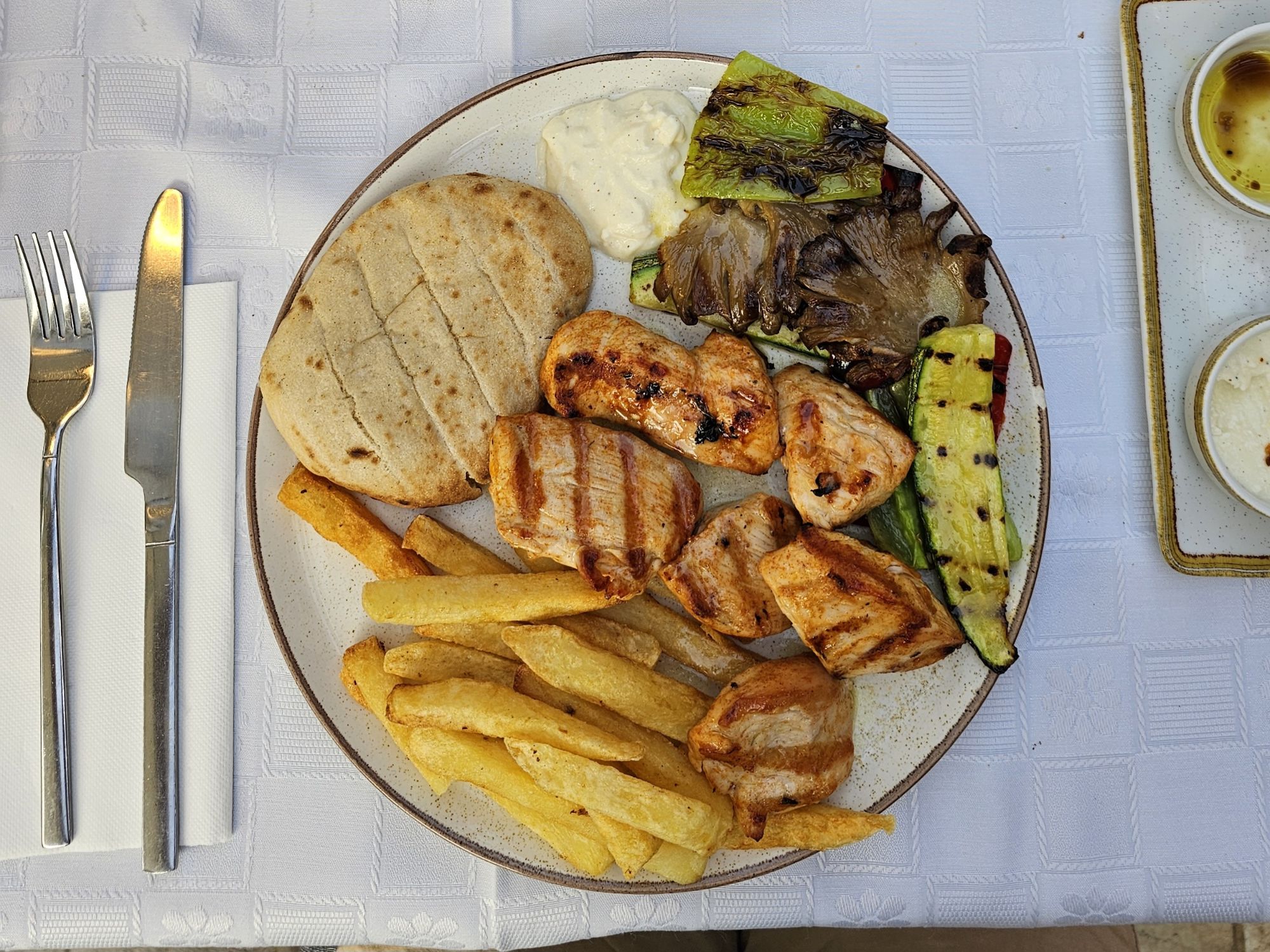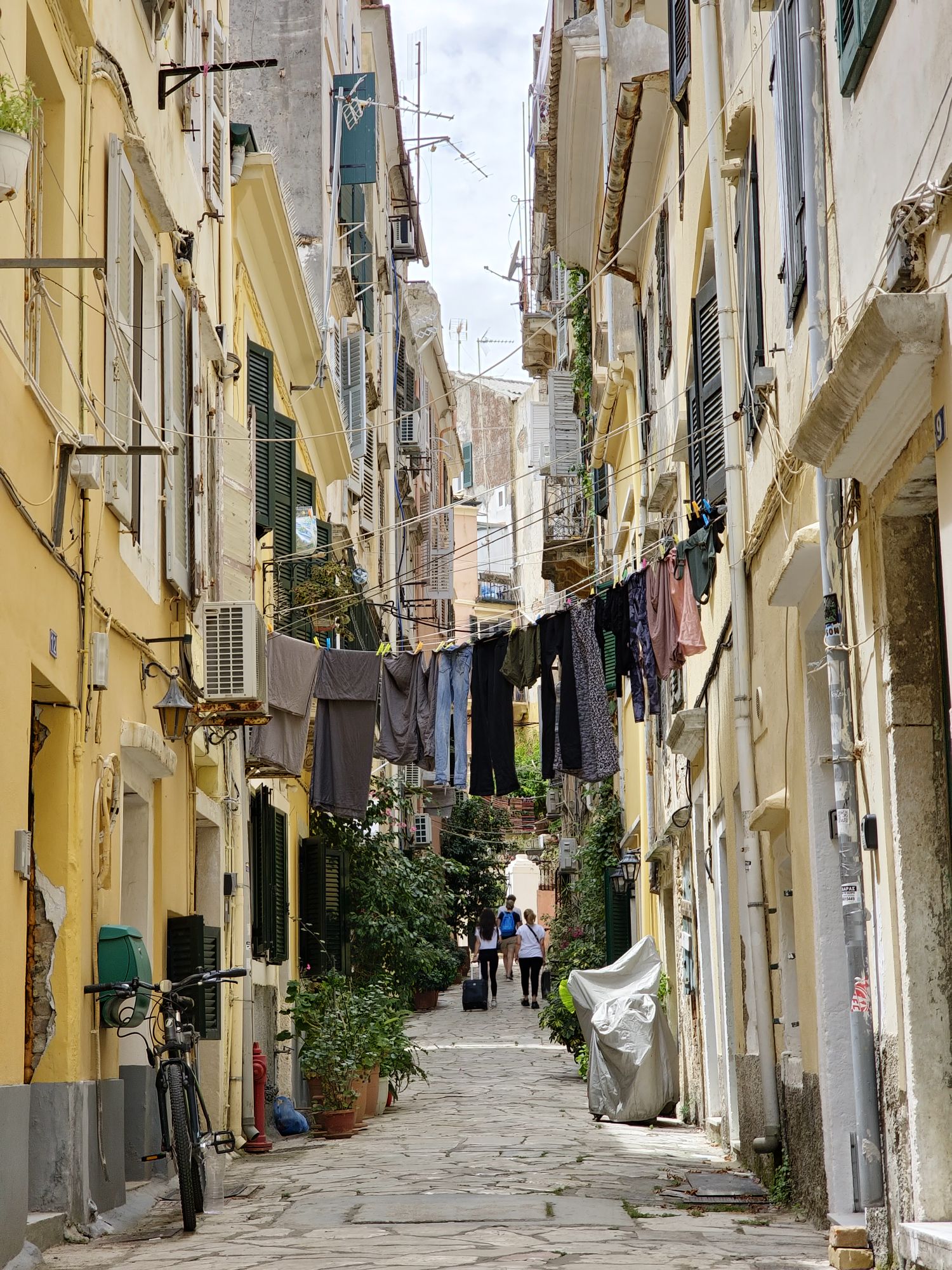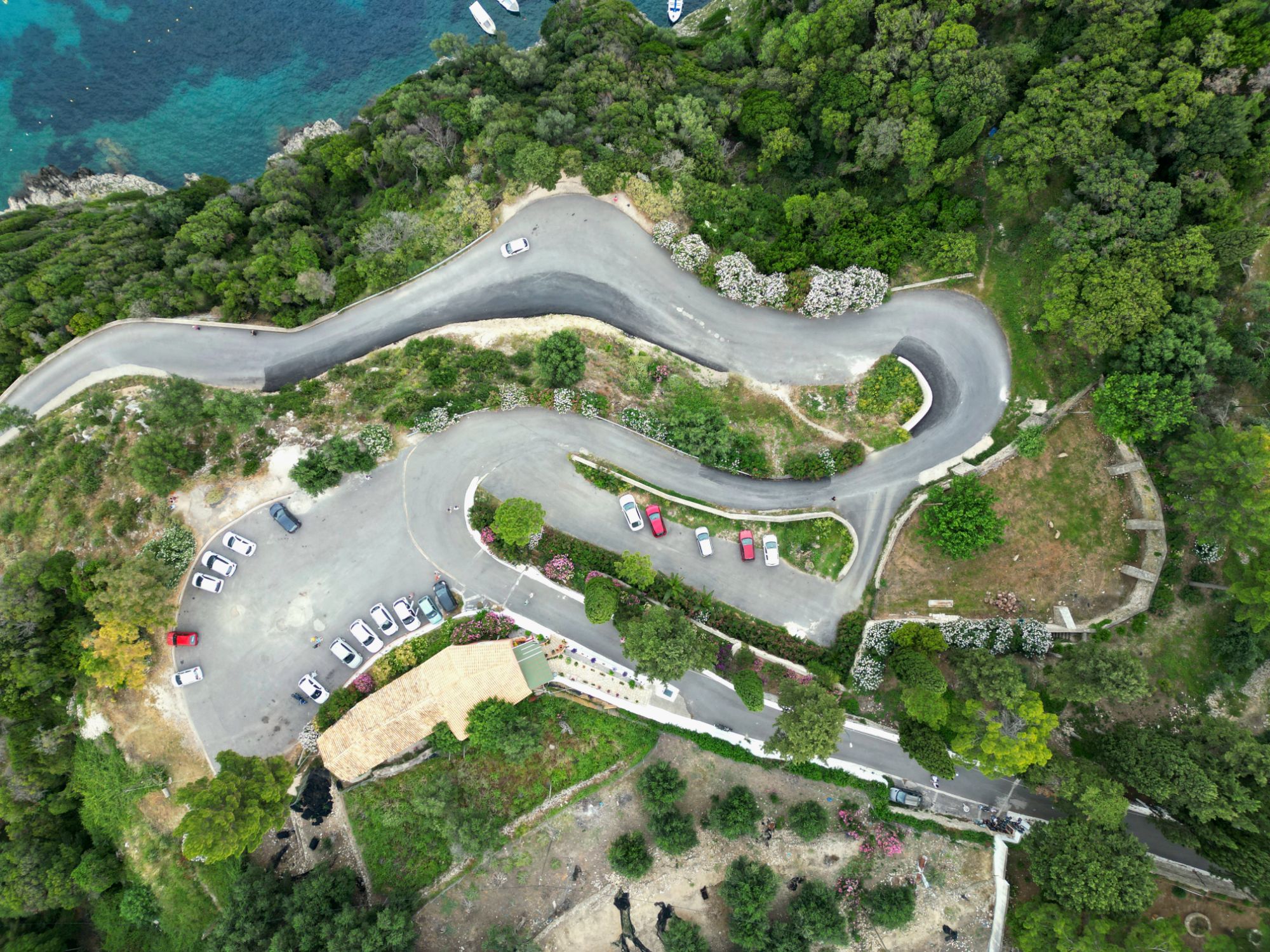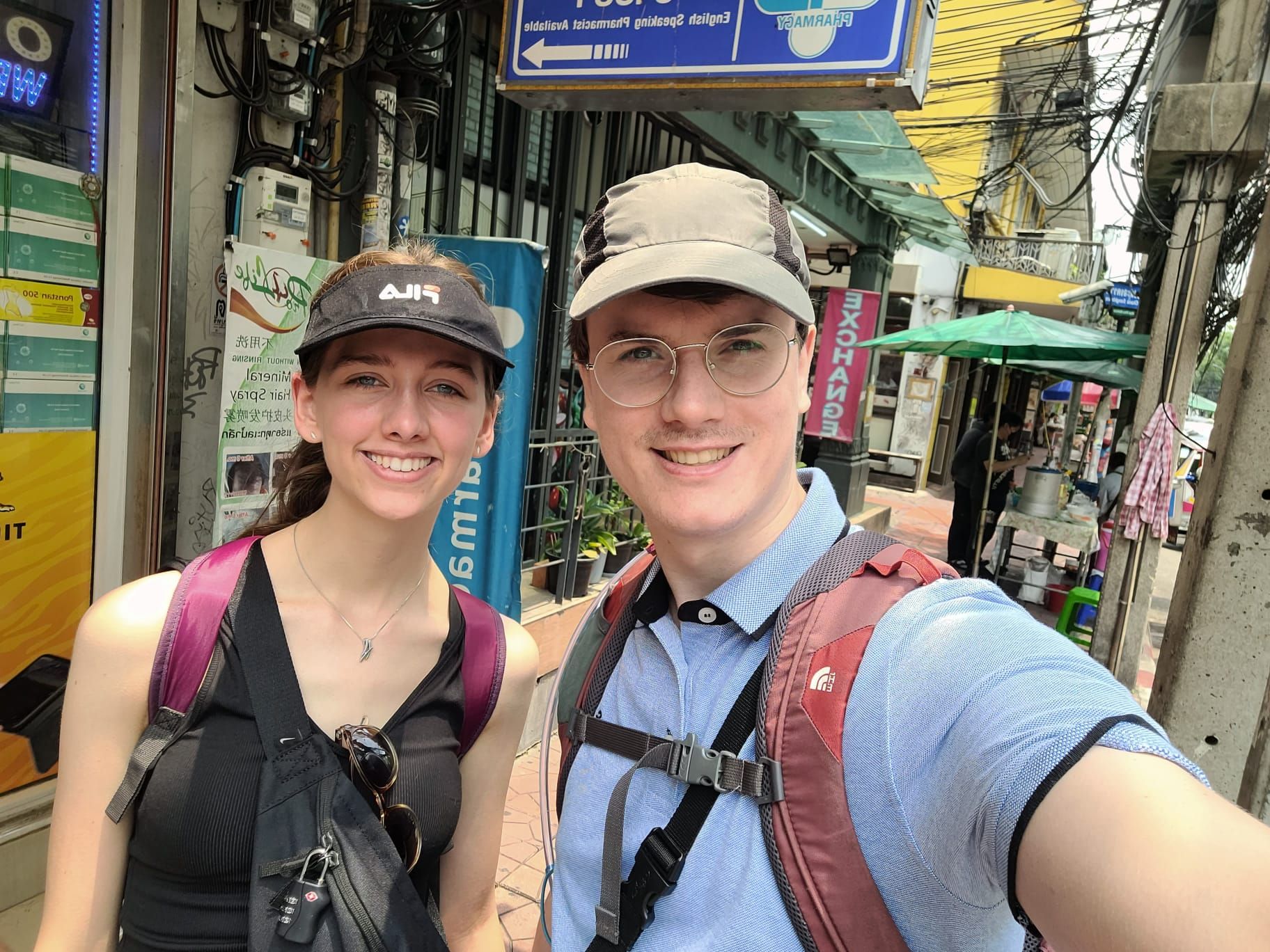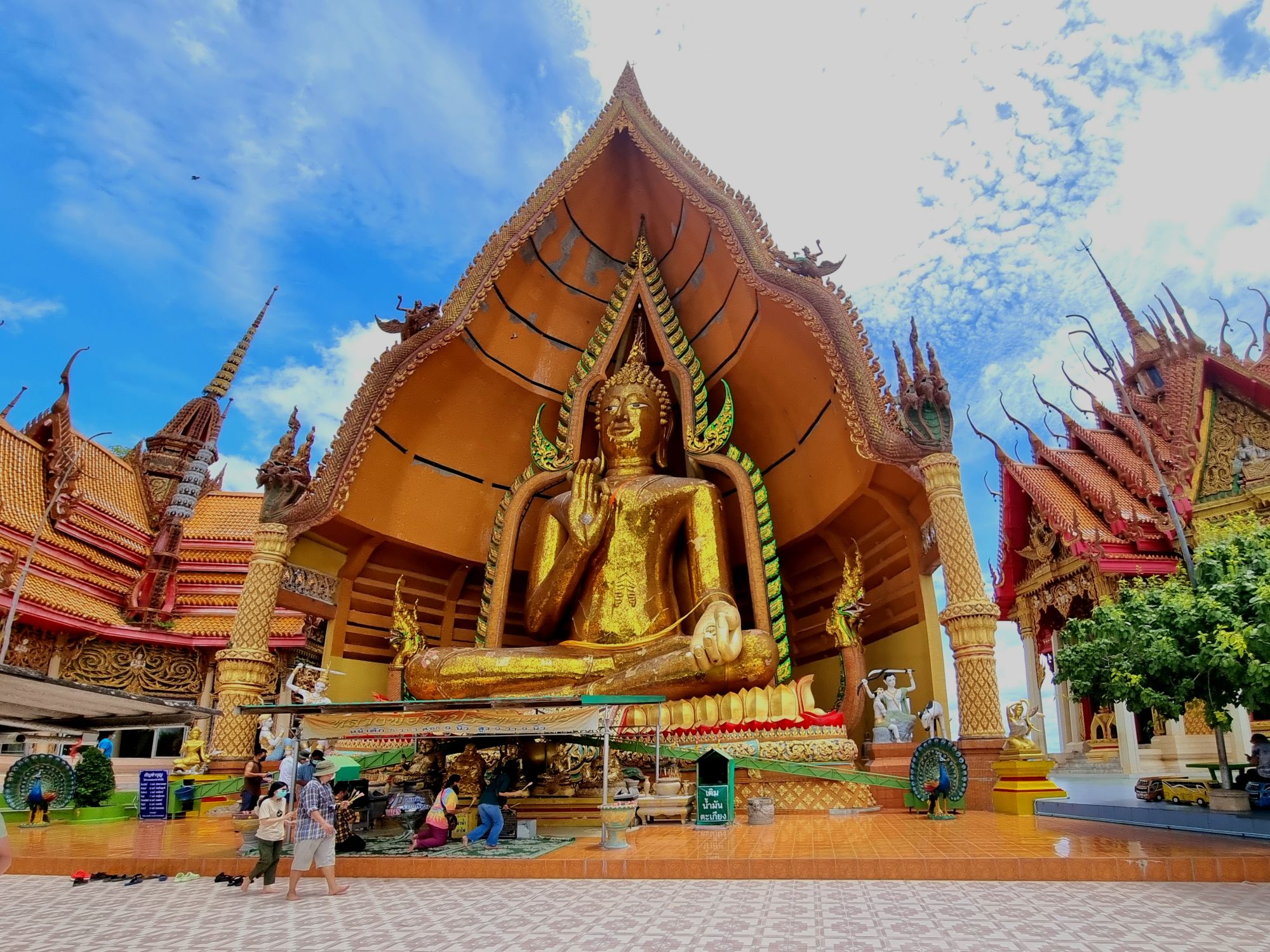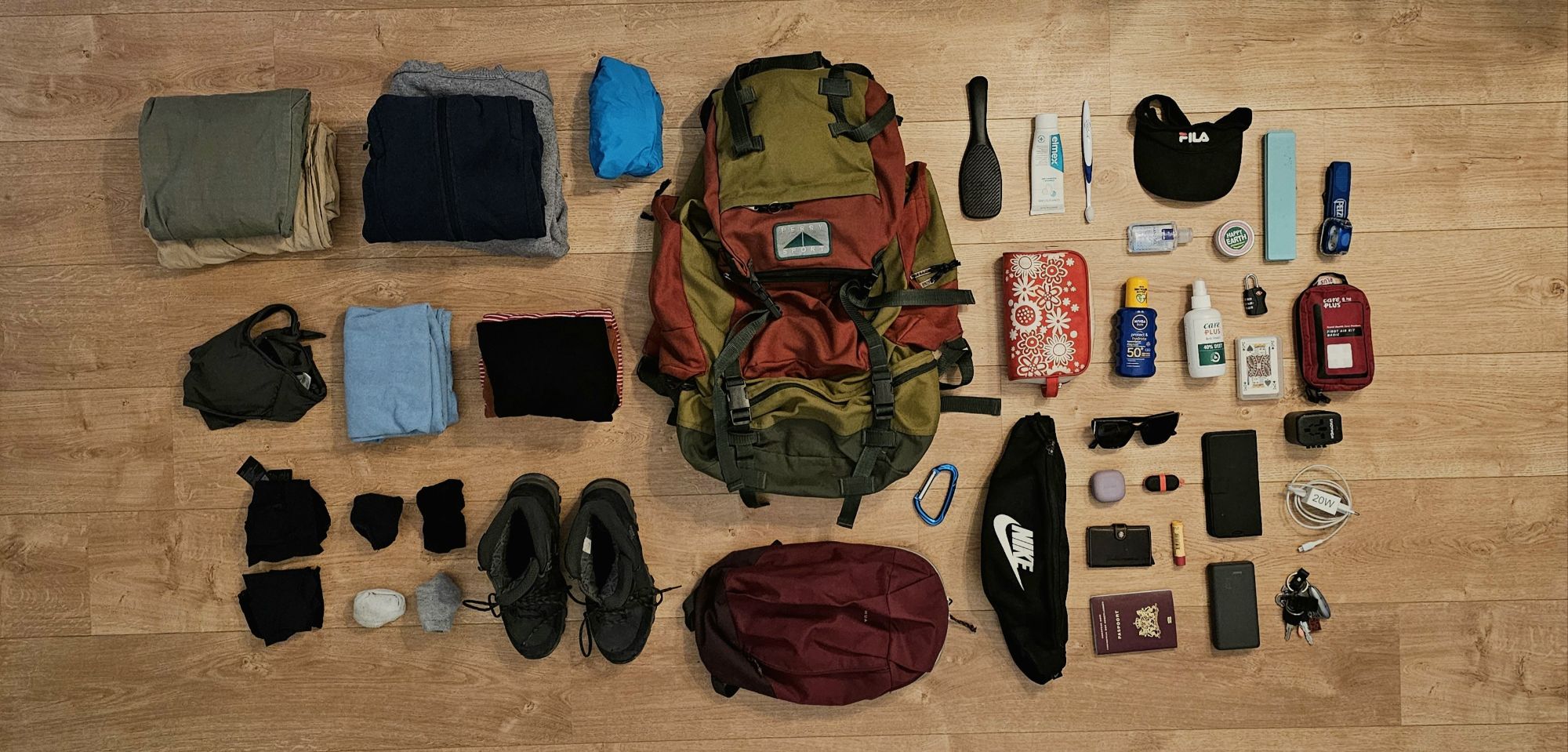Thailand is a bucket list destination for many travelers, with good reason: the stunning nature, the rich culture, and friendly people make for a dream experience. However, like any popular tourist destination, Thailand has its share of scams that you should look out for. We didn’t think we’d fall for them, but ended up walking right into one of the biggest scams in Bangkok. In this guide, we’ll tell you our story and give you some tips to recognize and avoid some of the most common scams in Thailand.
Our experience
During our first couple of days in Bangkok, we eagerly set out to visit the Grand Palace, well aware of the notorious scams that targeted unsuspecting tourists. We had read warnings online about people who would try to convince us that the palace was closed, only to steer us towards an alternative destination via a tuktuk ride. Confident that we wouldn’t fall for such an obvious trick, we embarked on our journey.

As we neared the palace, just as we had read, several people approached us, claiming that the road to the palace was in a different direction or that the palace was closed. We brushed them off and continued on our way, feeling proud of our discernment. However, we were about to get challenged.
At a stop sign, we encountered a policeman standing next to it. He asked us to stop and informed us that the road ahead was closed. Striking up a casual conversation, he inquired about our destination. When we mentioned the Grand Palace, he replied, “Oh, but on Tuesdays, the monks pray at the palace until 12:00. You can visit the palace after that.” He then launched into a detailed narrative about the various Buddha statues in the city, emphasizing the sequence of visiting the Standing Buddha and the Seated Buddha before the Reclining Buddha at the Grand Palace.


We hadn’t seen the Standing or Seated Buddhas yet, and the policeman, seemingly helpful, pulled out a map to show us their locations. However, these sites were too far to walk to. Right on cue, a tuktuk approached, and the policeman waved it over. This was the point where I said to Chris that I did not feel comfortable and suspected this wasn’t a real policeman but a scam. Despite my unease, the pressure from the policeman and the impatience of the tuktuk driver led us to reluctantly step into the tuktuk.

As we rode along, I quickly searched online to verify the policeman’s claim about the monks praying at the palace. To my dismay, I discovered it was completely false. Panic set in as we realized we were being taken further and further away from the city center. We repeatedly asked the driver to let us out, but he kept driving, insisting on a higher fare for stopping.
After a tense back-and-forth, the driver finally stopped and demanded a ridiculous amount of money. Feeling trapped and pressured, we handed over the money and began the long walk back to the Grand Palace, frustrated and embarressed that we had fallen right into the scam we thought we were too savvy to succumb to.
Signs to look out for
5 Signs to Look Out For and How to Avoid Getting Scammed
- Unexpected Road Closures or Restrictions
- Sign: Strangers, including seemingly authoritative figures like policemen, inform you that roads or attractions are closed or restricted.
- How to Avoid: Verify the information through official sources or by checking online. Don’t take someone’s word at face value, especially if it contradicts your prior research.
- Overly Helpful Strangers
- Sign: People who approach you unsolicited, offering detailed advice or directions.
- How to Avoid: Politely decline assistance from unsolicited advisors. Instead, use a reliable map or navigation app to guide your way.
- Claims of Special Events or Timings
- Sign: Hearing that specific attractions are closed for special events, prayers, or maintenance at unusual times.
- How to Avoid: Cross-check such claims on the official website of the attraction or with other tourists. Most major attractions have clear and consistent operating hours.
- Pressure to Use Specific Transport
- Sign: Being directed to a particular tuktuk or taxi by a stranger, especially without asking for one.
- How to Avoid: Use reputable transport options. If you need a tuktuk or taxi, hail one yourself or use a trusted ride-hailing app to book your ride.
- Impatience and Pressure to Act Quickly
- Sign: Feeling rushed or pressured into making a decision, such as getting into a vehicle or paying for a service.
- How to Avoid: Take your time to assess the situation. If you feel pressured, it’s often a sign that something isn’t right. Trust your instincts and don’t be afraid to walk away from a situation that feels uncomfortable.
By staying vigilant and following these tips, you can reduce the risk of falling victim to scams while traveling. Remember, it’s always better to take a moment to verify information than to rush into a potential scam!


